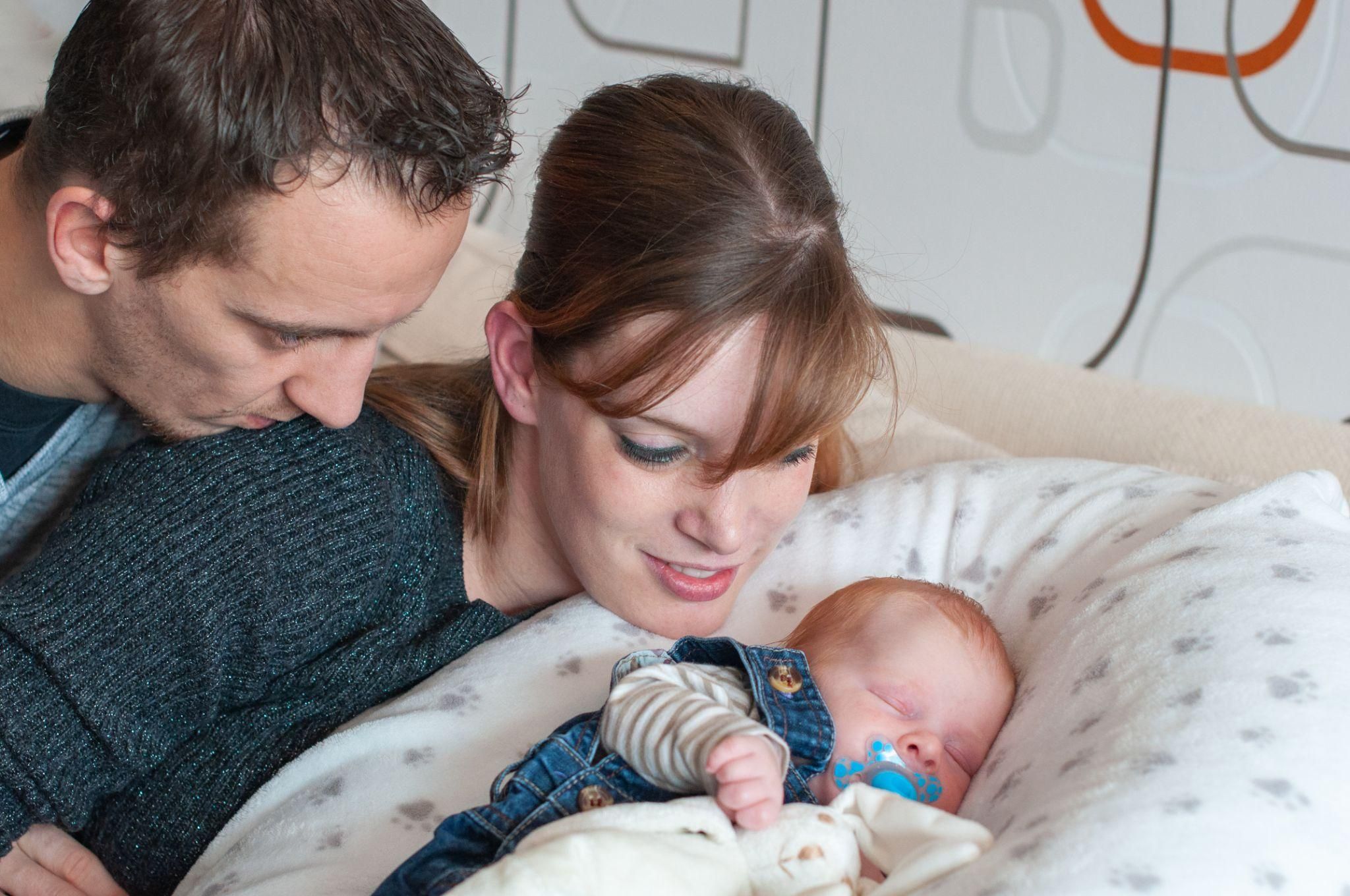Having “two under two” — a toddler and a newborn — can be a challenging, yet deeply rewarding experience. As a mother, you’ll quickly realise that your life is a constant balancing act, juggling the needs of both children while trying to maintain your own well-being. Between sleepless nights, endless diaper changes, and the emotional rollercoaster of adjusting to the dynamics of a larger family, it’s easy to neglect your own needs in the process.
However, taking care of yourself is crucial, not only for your own mental and physical health but also for the well-being of your children. In this article, we’ll explore how to meet your own needs while managing the demands of having two young children under two years old. We’ll discuss practical tips and strategies for self-care, emotional support, and how antenatal care can help prepare you for the challenges ahead.
Understanding the Demands of “Two Under Two”
Before diving into how to meet your own needs, it’s important to understand the unique challenges of raising two children under the age of two. This phase can feel overwhelming, as toddlers are at an age where they require constant supervision, attention, and guidance, while a newborn is completely dependent on you for everything.
Emotional and Physical Exhaustion
Managing the demands of a newborn alongside a toddler means that your physical and emotional energy is constantly stretched thin. Sleepless nights, breastfeeding or bottle-feeding, and meeting the physical needs of your toddler can leave you feeling exhausted. Sleep deprivation alone can be one of the most challenging aspects of raising children at this age, and the combination of both children’s needs can lead to burnout if not properly managed.
Emotional Toll on Mothers
The emotional toll of raising two children under two can also be significant. Mothers often feel guilty for not being able to give equal attention to both children, especially when your toddler may act out or express feelings of jealousy towards the newborn. Additionally, the pressure to be a “perfect mother” and provide for everyone’s needs can lead to feelings of stress, anxiety, and self-doubt.
Lack of Time for Yourself
With constant responsibilities and little time for self-care, many mothers struggle to find moments to relax, unwind, and focus on their own needs. This is particularly true for new mothers who may already feel like they’re in survival mode, trying to get through each day. The demands of caring for a newborn while managing a toddler’s needs often leave little room for personal hobbies, relaxation, or downtime.
The Importance of Antenatal Care in Preparing for Two Under Two
It’s essential to start preparing mentally and physically during your pregnancy for the challenges that come with raising two young children. Antenatal care is not just about looking after your physical health but also about setting yourself up for success during the postpartum period. This preparation can help alleviate some of the stress and anxiety of juggling the needs of two children.
1. Attend Regular Antenatal Appointments
During pregnancy, attending antenatal appointments and discussing your concerns with healthcare providers can help prepare you for the arrival of your second child. These appointments are an opportunity to discuss how to manage your pregnancy while also caring for your toddler. You might also consider asking about postpartum care and any potential complications when having a second baby so that you’re better informed and ready.
2. Consider Antenatal Support
Many antenatal support programs provide information on managing the transition from one child to two. These programs often cover practical tips on preparing for a newborn, adjusting your routine, and managing the needs of both children. By attending such sessions, you can build a support network of other parents who are in a similar situation and share strategies for managing two young children.
3. Plan for Your Postpartum Care
Preparing for your postpartum recovery is just as important as antenatal care. With the demands of having two children under two, you’ll need to plan ahead for self-care and recovery after giving birth. Discuss your recovery plans with your doctor, including any guidance on pelvic health, rest, and physical recovery.
How to Ensure Your Own Needs Are Met When You Have Two Under Two
Now that we’ve covered the importance of antenatal care in preparing for the arrival of your second child, let’s dive into practical strategies to ensure your own needs are met during the demanding early months of motherhood.
1. Prioritise Self-Care
Self-care is often the first thing to fall by the wayside when you’re raising children, but it’s essential for your well-being. Make self-care a priority, even if it feels like there’s no time for it.
How to Incorporate Self-Care:
Delegate Tasks: Don’t be afraid to ask for help from your partner, family, or friends. You can delegate tasks such as meal preparation, household chores, or caring for your toddler for short periods to give yourself a break.
Take Small Breaks: Even if you can’t manage a full day of rest, take small moments to recharge. A short walk, a hot shower, or simply sitting in a quiet room with a book can work wonders for your mental well-being.
Get Enough Sleep: Sleep is one of the most important elements of self-care. Try to sleep when your newborn sleeps or alternate night duties with your partner to ensure you get some rest.
2. Foster Emotional Support
Raising two children under two can be emotionally overwhelming, so it’s essential to have a strong support system in place. Connecting with others who are going through similar experiences can help alleviate feelings of isolation and provide emotional reassurance.
Ways to Build Emotional Support:
Join Parenting Groups: Antenatal classes near me and online parenting groups are a great way to connect with other parents who understand what you’re going through. Sharing experiences and learning from others can make you feel less alone.
Talk to Your Partner: Open communication with your partner is crucial. Share your feelings and concerns, and discuss ways to share responsibilities. This will help ensure that both of you are on the same page and that your emotional needs are met.
Reach Out to Family and Friends: Don’t hesitate to reach out to family and friends for support, whether it’s for a helping hand or just to talk about your feelings. You don’t have to do it all on your own.
3. Set Realistic Expectations
Having two children under two means that your life will be busier, and some days will be more challenging than others. It’s important to set realistic expectations for yourself and your family. You may not always be able to achieve everything you hope for in a day, and that’s okay.
Tips for Setting Realistic Expectations:
Let Go of Perfectionism: The house might not always be spotless, and you might not have time to cook elaborate meals. Let go of the idea that everything has to be perfect and focus on what’s essential.
Take Things One Day at a Time: Instead of looking at the whole week ahead, focus on getting through one day at a time. Celebrate the small victories, like getting your toddler to nap or managing to get a few minutes of relaxation for yourself.
Don’t Be Hard on Yourself: You’re doing the best you can. If you’re feeling overwhelmed or exhausted, it’s okay to take a step back and reassess. Parenting is a journey, and it’s important to be kind to yourself.
4. Embrace Antenatal Fitness and Postpartum Exercise
Physical health is a key part of maintaining your mental well-being. Antenatal yoga and other forms of exercise during pregnancy can help you stay active and prepare your body for the physical demands of motherhood. After birth, engaging in gentle postpartum exercise can help boost your mood, improve your physical strength, and increase your energy levels.
Benefits of Exercise:
Improved Mood: Physical activity stimulates the release of endorphins, which can help reduce stress and anxiety.
Increased Energy: Regular exercise can help you feel more energetic, even when you’re tired from sleepless nights.
Better Sleep: Exercise can promote better sleep, which is crucial for your overall health.
5. Take Time to Bond with Your Toddler
While your focus will naturally shift to your newborn, it’s essential to continue nurturing your bond with your toddler. This helps ensure they don’t feel neglected and can provide emotional relief for you as well. Spend time engaging with your toddler, whether it’s through play, reading, or just talking to them.
Ways to Bond with Your Toddler:
Create Special Moments: Set aside one-on-one time with your toddler, whether it’s reading their favourite book, playing a game, or just having a cuddle.
Include Your Toddler in Baby Care: Let your toddler help with the baby in simple ways, like fetching diapers or picking out clothes. This can help them feel involved and less jealous of the attention the newborn is receiving.
Conclusion
Having “two under two” can be a rewarding but overwhelming experience. By prioritising antenatal care, planning ahead, and ensuring your own needs are met through self-care, emotional support, and realistic expectations, you can navigate this challenging phase with greater ease and confidence. Remember that taking care of yourself is not selfish; it’s essential for your well-being and your ability to care for both your newborn and toddler.
References
- The Ultimate Antenatal Classes
Prepare for labour, birth, and baby care with nine experts, including senior NHS midwives and an award-winning obstetrician!
https://unii.com/en/journey/ultimate-antenatal-classes








